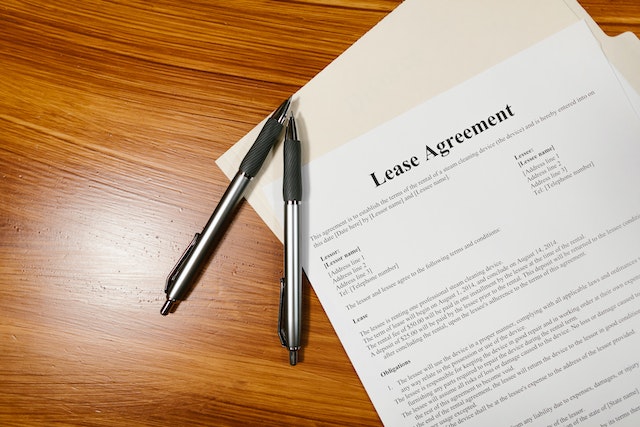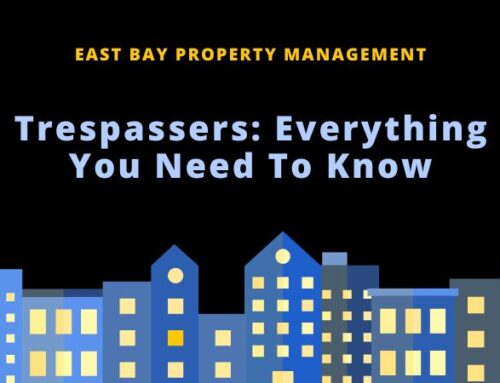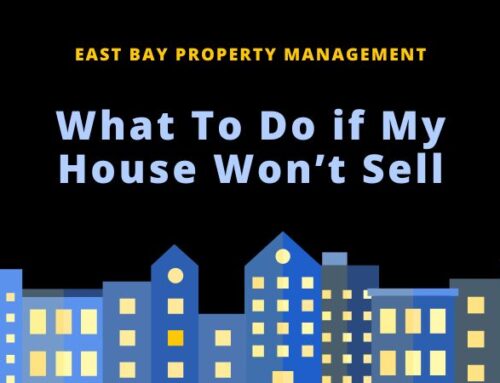Investors have different reasons for purchasing properties. Some intend to turn them into long-term assets, make consistent returns over the years, and turn them over to their next of kin. Others have a shorter timeline for holding investment properties.
Landlords who plan to sell their rental property would ideally wait to find a buyer once the current lease has expired and the tenant has moved out, but that’s not always possible. So, what happens if the landlord wants to sell but they still have a renter staying in the rental unit?
This article will outline the options for landlords who want to sell a rental property when a tenant’s lease is still active.
Challenges of Selling a Property Occupied by a Tenant
When a renter is still settled in a landlord’s rental property, it will definitely impact the feasibility of the rental unit. Landlords may encounter the following:
- Legal Issues: If the lease agreement does not contain a provision regarding the sale of the property, the tenant may legally stay in the property even if the landlord expresses a wish for them to move out. Familiarize yourself with the property laws in your area and consider the legal options available for landlords.
- Unique Situations: There are many different variables that may affect the sale of an occupied rental property. Factors like market conditions, leasing terms and provisions, local laws, and tenant perspectives can work in tandem to create unique situations.

- Variable Outcomes: Since there are so many factors to consider, the outcome may vary from landlord to landlord and property to property. Some property buyers may be willing to wait until the lease expires, while others will not, which can affect how a landlord approaches their business.
- Month-to-Month Leases: If the lease arrangement is on a month-to-month basis, selling the property will be relatively easier. Landlords can easily choose to stop renting the property, only needing to give the tenant a notice of 30 to 60 days in advance to vacate the property.
- Fixed-Term Leases: Traditional rentals often have fixed-term leases, which can make it difficult when a landlord finds a serious buyer for their investment property. If the tenant complies with the lease agreement and meets the rent dues, then they have the right to stay in the unit until the rental period expires.
When Tenants Are Uncooperative
It may be challenging to market your investment property when you are met with a renter who refuses to cooperate, as it may complicate negotiations and property showings. When this happens, you can consider the following steps:
Sell the Unit to the Renter
If your renters are refusing to move out because they envision living in your rental space indefinitely, you can offer to sell the property to them. This may be mutually agreeable; the landlord can earn money from their real estate investment and the renter can continue residing in the unit.

Consider a Buyout
A landlord can encourage their renter to end the tenancy by offering a buyout. This means the landlord can hand “buy” the tenant out of the lease so they will agree to relinquish their role as a tenant and move out on a set date.
Market to Homebuyers
Another great option is to sell the property to potential homebuyers. Since it’s hard to find a good property when demand is high, homebuyers might be more patient than investors and thus wait until the current renter vacates the rental.
Consider Selling to Other Investors
You can always choose to advertise to other investors who are more open to buying an occupied rental property. In fact, some investors might even view it as an advantage that your rental property is presently occupied by a renter.
Easy Strategies to Sell an Occupied Property
There are plenty of techniques that landlords can apply to make it less stressful to sell a property that has an existing resident, including the following.
Plan for the Right Time
It is often best to wait until the end of the tenancy before beginning the sale process to prevent conflicts with a renter. However, landlords should keep track of market conditions before ending a tenancy or selling a property. Ideally, landlords should aim to sell during a seller’s market, as they’ll have more control and can set specific conditions.

In such a case, it might be best to sell the property even if it’s still occupied. Just make sure to follow the appropriate steps.
Partner with a Property Management Company
Hiring a property manager can make it easier to manage the occupied rental property and sell it at the same time. Property managers can offer expert advice on the selling process and can sometimes even arrange the negotiation and final sale.
Engage the Services of a Lawyer
Landlords may need a knowledgeable legal expert to guide them through their plans to sell an occupied property. This can help make the process smoother and compliant.
Work Out a Backup Plan
Always think ahead. If the renter won’t cooperate or accept a buyout, the landlord will need to decide what their next step will be. Plans and markets are always changing so landlords should prepare for all possible outcomes to ensure they protect themselves and their investments.
Bottom Line
Trying to sell a property that is occupied by a tenant can be challenging, especially for self-managing or long-distance landlords. That’s why landlords should consider partnering with a committed property management company who can help them reach their goals.
If you’re looking for a trusted property manager, East Bay Property Management is available to serve your unique property management needs!






